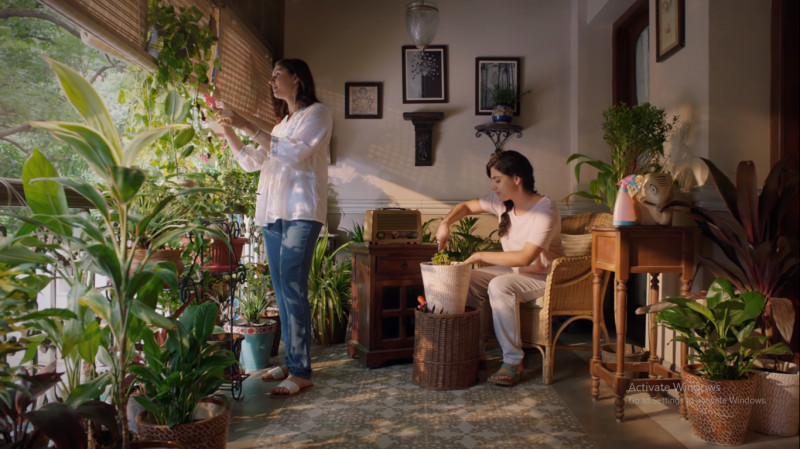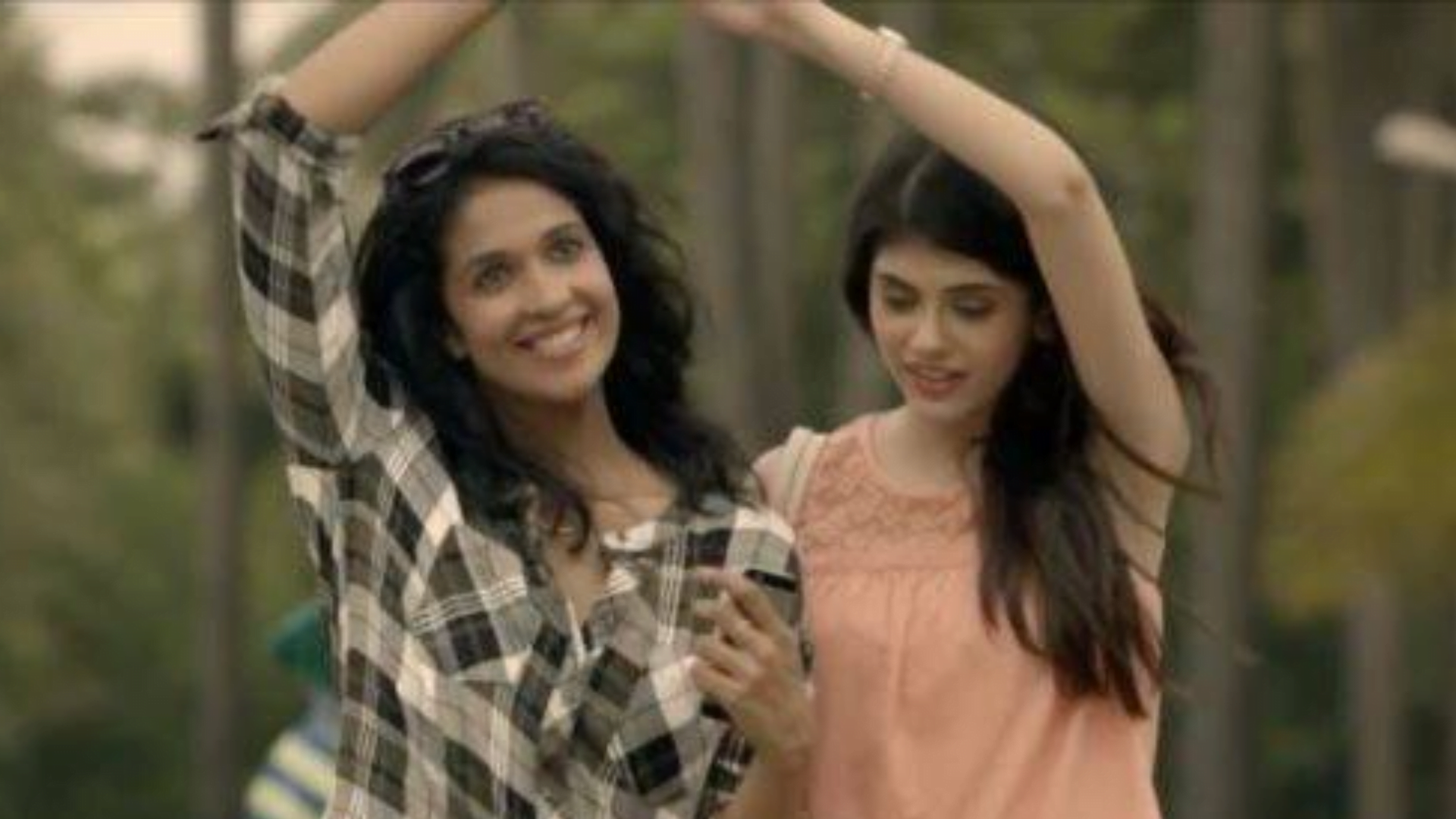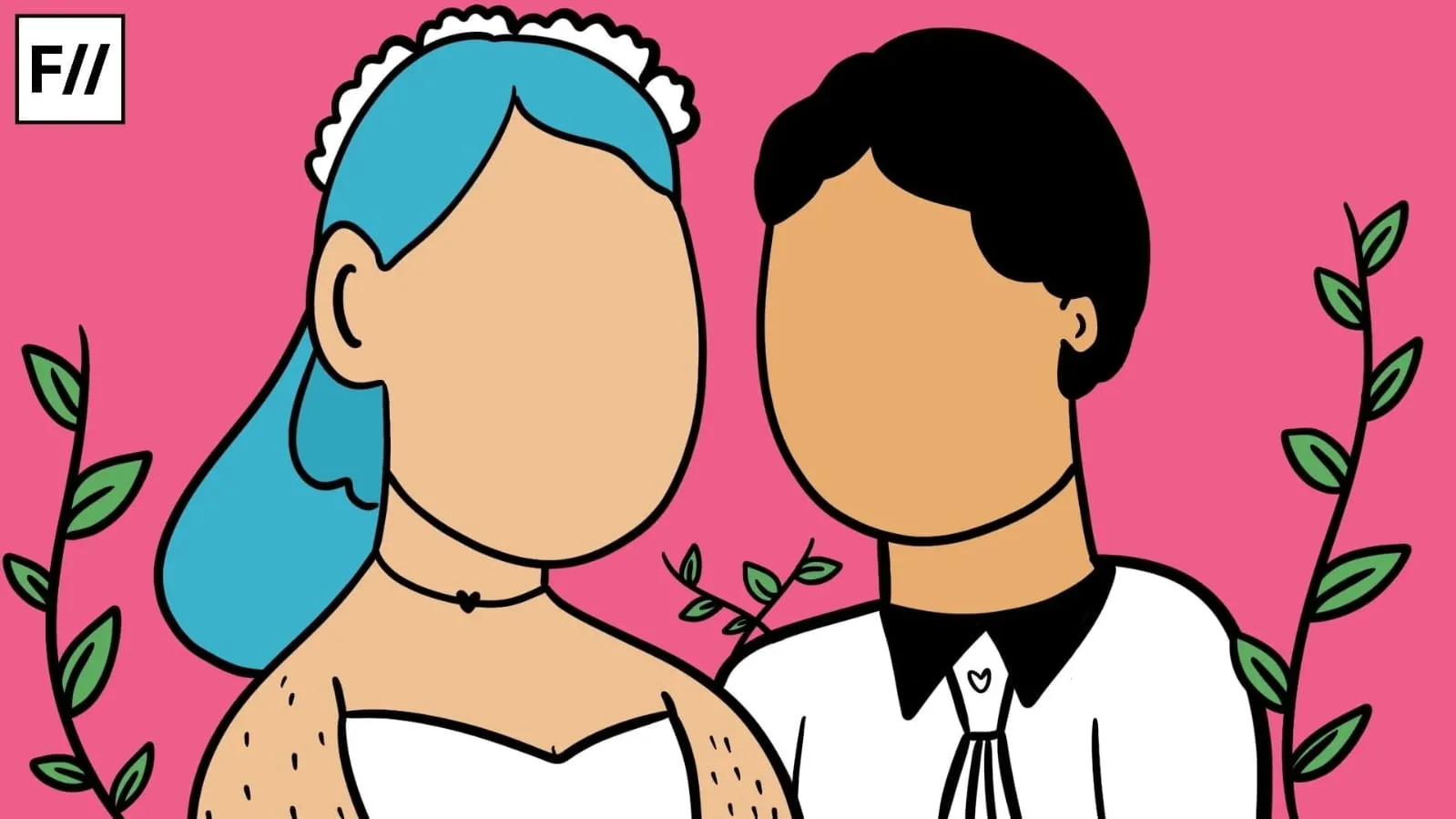Raksha Bandhan, a.k.a. the Hindu festival that celebrates siblingship between a brother and a sister, is fast approaching us, and this year we wanted to map how the festival has become a more gender-inclusive and neutral space for celebrating all siblings — sisters, brothers, trans, and all non-binary folks.
Traditionally on this day, a small prayer is offered to the Gods, following which the sisters of the family tie a rakhi (a decorated red thread) onto the wrists of their brothers (related by blood and, in some special cases, friendship), and in exchange the brothers strengthen their bandhan or bond by a promise to raksha or protect their sisters.
Typically, brothers are expected to be the protectors, and the givers, and the sisters are the receivers of this protection. This idea is rooted in patriarchy, wherein the power and authority lie with the male members of the family and therefore, it is a no-brainer that the active role of ‘protecting’ is also assumed by the male members of the family. Should a sister not have a male sibling, she ties the rakhi to the closest male relative, such as a cousin, a brother-in-law, or a friend.
Typically, brothers are expected to be the protectors, and the givers, and the sisters are the receivers of this protection. This idea is rooted in patriarchy, wherein the power and authority lie with the male members of the family and therefore, it is a no-brainer that the active role of ‘protecting’ is also assumed by the male members of the family.
In mainstream popular culture, movies and television commercials use Raksha Bandhan as a plot device to show the loving relationship between brothers and sisters. A recent example is the Akshay Kumar, and Bhumi Pednekar starrer Raksha Bandhan (2022) set to release this Friday, highlighting the role of an older brother in his young sisters’ lives and navigating getting them married and settled in our patriarchal society.
In the world of television, brands such as Cadbury Celebrations, Tanishq, Amazon, The Man Company, ICICI, and many others involve Raksha Bandhan in their advertisement campaigns showing stories of the many different bonds between brothers and sisters. Cadbury Celebrations was among the first to capture the cat and mouse relationship of young siblings resolving their fights with a box of chocolates on Raksha Bandhan day.

While some advertisements showed the older sister and younger brother dynamic, like The Man Company’s ad where the younger brother thanks his sister for always protecting him, others such as Amazon India, advertised a nostalgic brother-sister relationship between senior citizens where the grandmother is eagerly waiting for her brother to come home for Rakhi tying ceremony!
I remember from my childhood that my friends who were younger sisters used to tie Rakhi to their elder sisters, breaking the assumed gender roles that only the male member of the family is the fierce protector of his family!
Interestingly, even historically, all stories associated with Raksha Bandhan are stories of brother-sister relationships, such as Lord Krishna and Draupadi, Lord Ganesha and Manasa, Emperor Humayun and Rani Karnavati of Chittor. However, in the present day, attempts are being made to redefine Raksha Bandhan as a day of celebrating siblings instead of just brother-sister siblingship.
I remember from my childhood that my friends who were younger sisters used to tie Rakhi to their elder sisters, breaking the assumed gender roles that only the male member of the family is the fierce protector of his family! Perhaps in the earlier times, when women didn’t have much independence to travel, fight or work, it made sense to practice such kinship with their maiden family or with a male unrelated by blood or law. Tying the Rakhi in this context amounted to keeping the relations alive even after the woman was married off.
However, times have changed now. And a reimagining of this promise of protection is also in order. With access to knowledge and technology, transportation, and money, women are on an equal footing of independence and authority. Women can protect themselves and their sisters and brothers.
This change in the social dynamic is also beginning to be reflected in ad films. Five years ago, Tanishq came out with a Raksha Bandhan campaign celebrating sisterhood where they showed a younger sister gifting her elder sister a bracelet, symbolic of the rakhi.
Speaking of sisters tying rakhis to each other, there is a tradition in Rajasthan amongst the Marwari community where sisters tie rakhi to the wives of their brothers. This tradition is called Lumba Rakhi, and it is done to wish well-being upon their sisters-in-law.
But why limit the celebration of the festival to just sisterhood or brotherhood? The role and promise of protecting one’s sibling aren’t gender specific at all. The relationship between siblings is a blood relation, no matter the gender identity of the siblings. Hence, the promise of protection extends to siblings of any and of all genders.
As Raksha Bandhan is an important festival in North India, it is also a special one for the transgender community. Most of them are estranged from family and have to forgo these rituals that display sibling love and affection. However, tying a rakhi to or accepting the rakhi from a trans or queer sibling may help reinforce the familial love and respect that has been lost due to gender norms and queerphobia.
What better way to fight the gender binary and patriarchal understanding of male authority and power than using the idea of Raksha Bandhan as a declaration of sibling acceptance, respect and affection?
In 2018, former cricketer and now BJP MP Gautam Gambhir publicly accepted rakhis from Trans activists Abina Aher and Simran Shaikh and wrote on Twitter, “It’s not about being a man or a woman. It’s about being a HUMAN. I’ve accepted them as they are. Will you? #respecttransgenders”
Such an act with Raksha Bandhan as a tool can actually help shatter the strict gender binary and help queer people get familial support that they otherwise lose.
Also read: Rakshabandhan ‘Jokes’ Mocking Adoption: Social Othering & Ostracisation By Non-Adoptees
These days, the internet is filled with gender-neutral rakhi designs and campaigns celebrating Raksha Bandhan as a gender-neutral festival, and we welcome this much-needed change!
Also read: Feminism And Raksha Bandhan—A Balancing Act?
Featured image source: Adgully.com
About the author(s)
Aarthi (she/they) is a young feminist, currently based out of Jodhpur, who enjoys writing on pop culture and art-related subjects. Through her writings, she attempts to position herself between self-reflection and social conversation leading to the exploration of unconventional ideas. In her free time, she travels, writes poetry, watches films and anime




